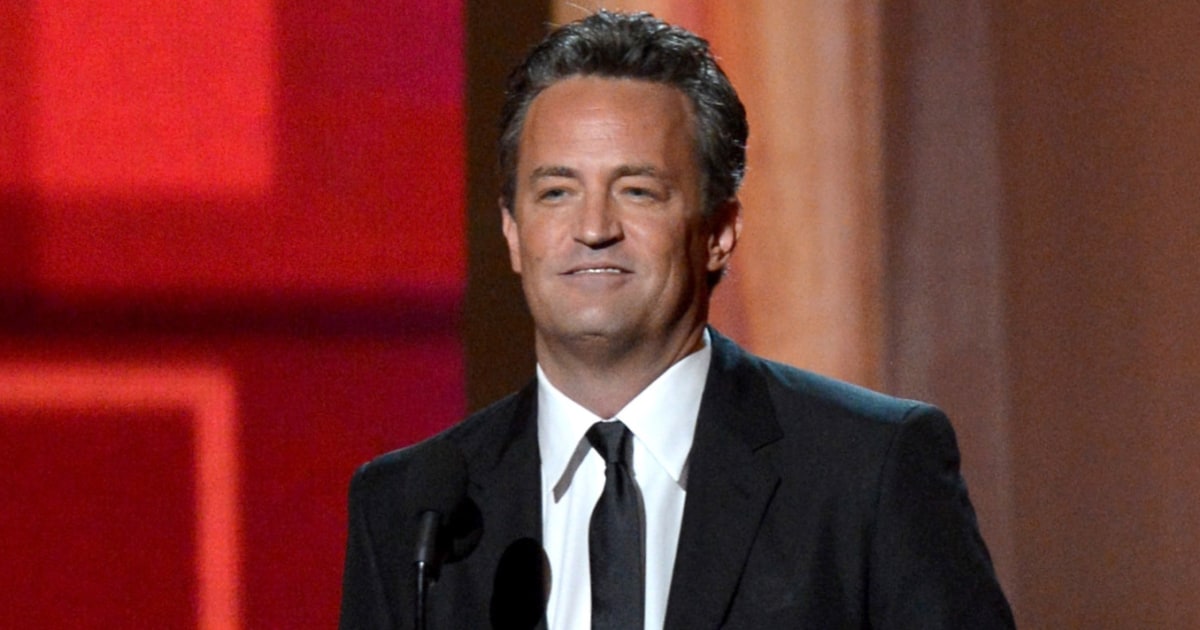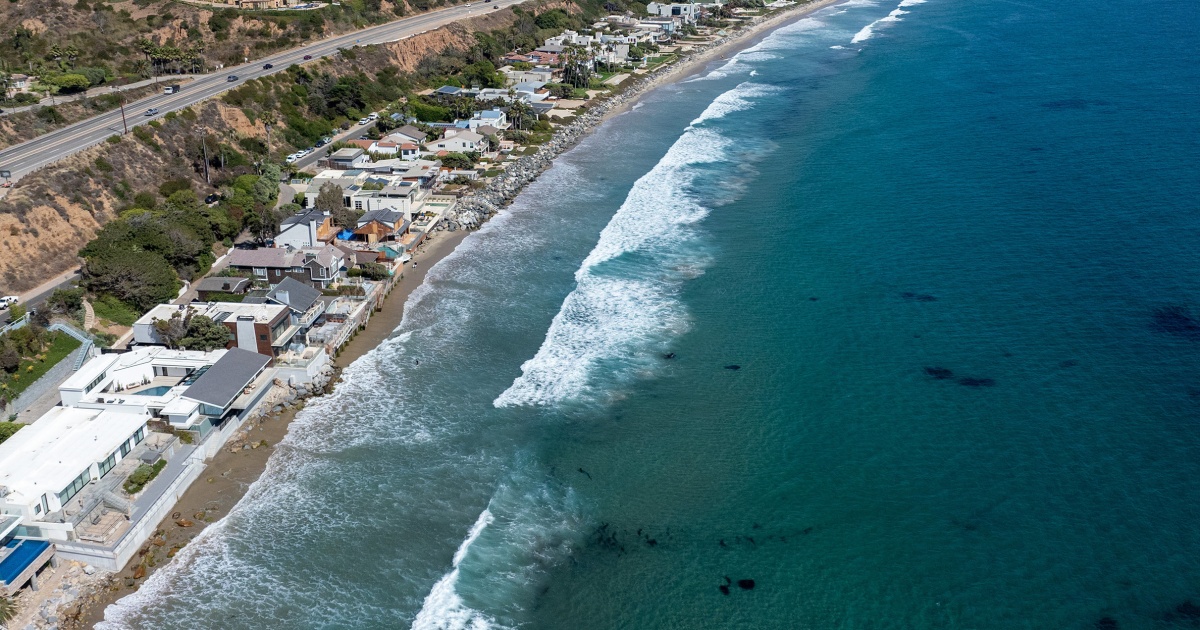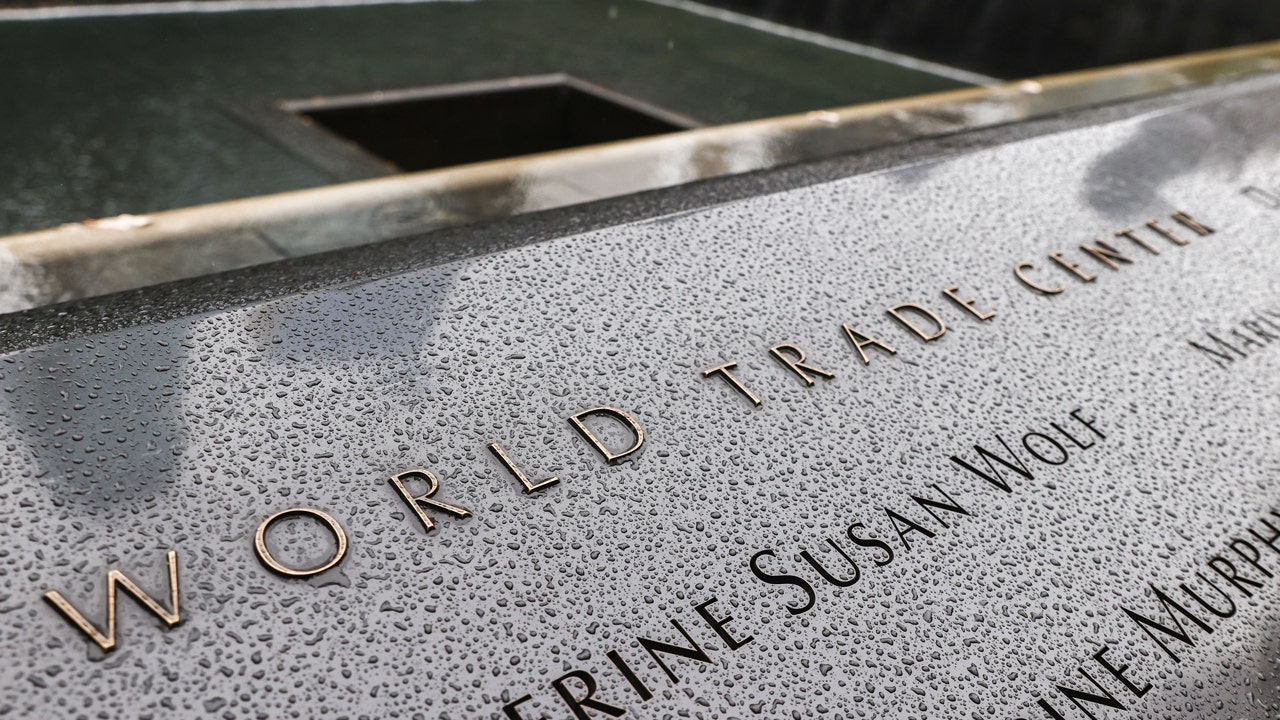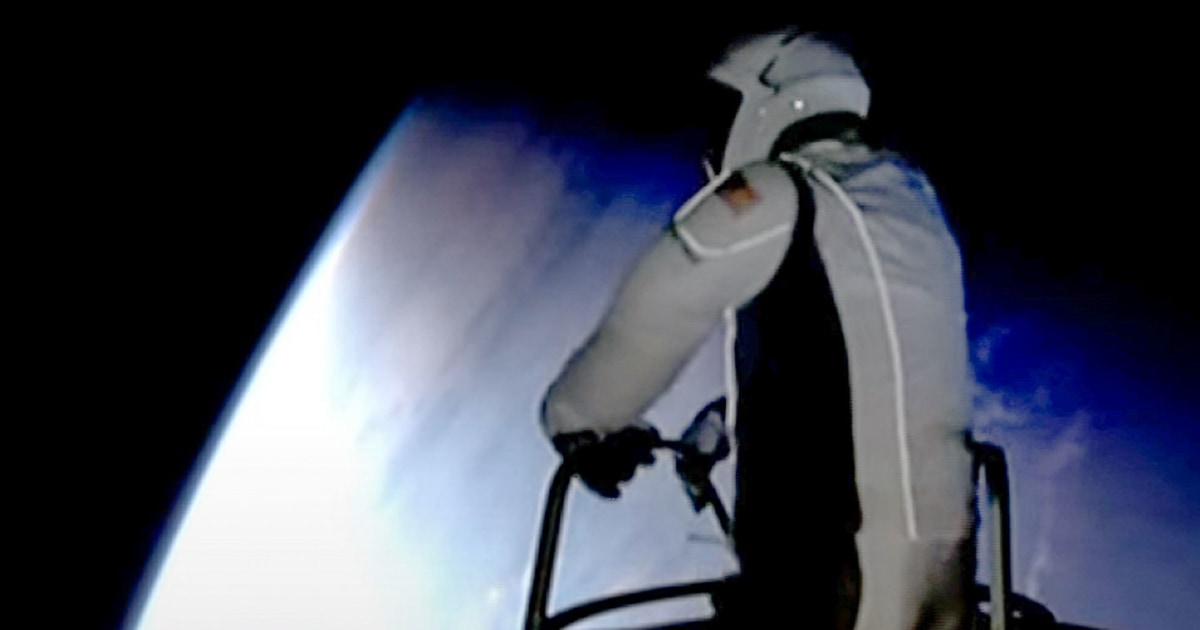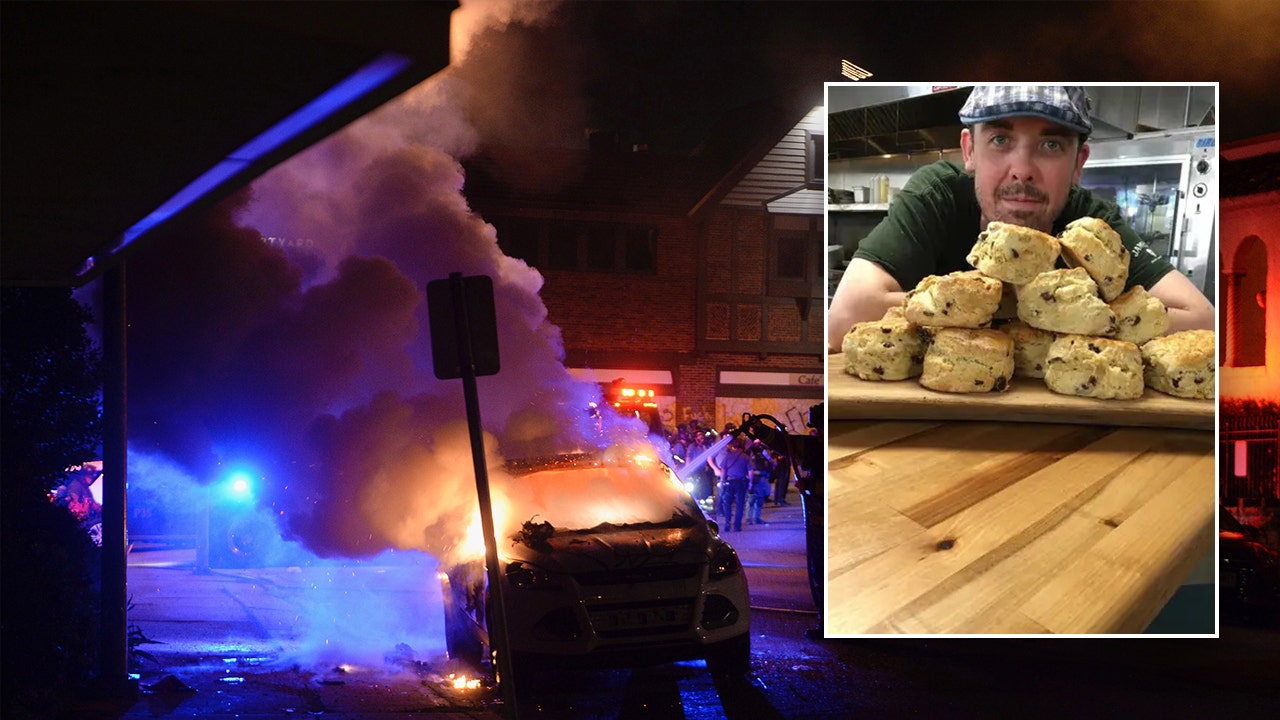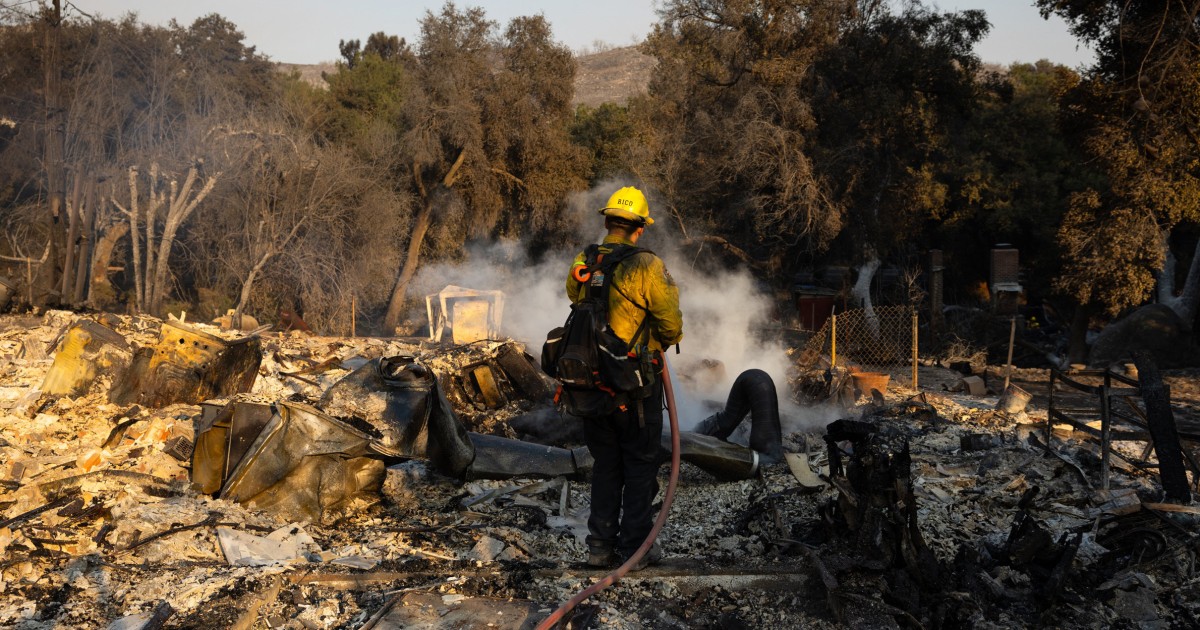LOS ANGELES — A doctor who is accused of illegally supplying drugs to “Friends” actor Matthew Perry in the weeks before his accidental overdose death plans to return to his medical practice as soon as this week.
Dr. Salvador Plasencia’s attorney confirmed reports he plans to resume his practice at the urgent care clinic he operates in the Calabasas area. Plasencia pleaded not guilty to one count of conspiracy to distribute ketamine last week, and his bond was set at $100,000.
Plasencia’s attorney, Stefan Sacks, did not elaborate Wednesday on when exactly he would return.
A judge ruled at Plasencia’s arraignment Thursday that he must display a sign at the front door of his clinic informing potential patients of his pending court case. Patients are also required to sign a related form stating they understand the allegations against him and allow consent for treatment upon every visit.
Prosecutors allege Plasencia provided ketamine to Perry and his assistant, Kenneth Iwamasa. He is accused of having administered some injections of the drug to Perry himself, in addition to having taught Iwamasa how to give the injections.
Iwamasa pleaded guilty Aug. 7 to one count of conspiracy to distribute ketamine causing a death and admitted having repeatedly injected Perry without medical training.
Court documents from Iwamasa’s case said he admitted he was in regular communication with Plasencia to obtain drugs for Perry. Authorities estimate Iwamasa used Perry’s money to pay Plasencia $55,000 for ketamine from Sept. 20 until Perry died on Oct. 28.
Ketamine, an anesthetic with psychedelic properties, is a popular party drug that has recently been found to be a promising alternative treatment for some mental illnesses but carries serious medical risks.
Perry had been undergoing ketamine infusion therapy to treat depression and anxiety, but prosecutors say he had been obtaining the drug illegally outside of his scheduled doses as part of an “out-of-control” addiction.
Perry had a scheduled ketamine infusion with a doctor on Oct. 12, but Iwamasa contacted Plasencia after the treatment for more, according to prosecutors. According to Iwamasa’s plea agreement, Plasencia agreed to meet at Perry’s home later that day and administered a “large dose of ketamine.”
Perry had a bad reaction to the additional dose — his blood pressure spiked, his body began to “freeze up,” and he could not talk or move, the plea agreement said.
The plea agreement alleges that despite that adverse reaction, Plasencia left additional vials of ketamine for Perry at the house.
After that day, Iwamasa said, Perry instructed him to use a second supplier to obtain vials of ketamine, according to the plea agreement.
Perry was found dead in a pool at his Pacific Palisades home roughly two weeks later, after Iwamasa injected him three times between about 8:30 a.m. and 1:30 p.m., according to the document.
The Los Angeles County Medical Examiner’s Office attributed his death to the acute effects of ketamine.



